Keywords: Church Sex Abuse
There are more than 200 results, only the first 200 are displayed here.
-

EUREKA STREET TV
- Peter Kirkwood
- 06 August 2014
5 Comments
READ MORE 
-
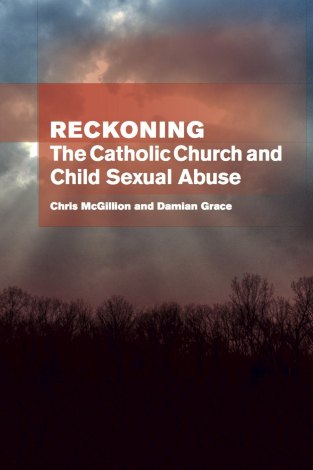
RELIGION
- Andrew Hamilton
- 31 July 2014
14 Comments
We might expect that research into the causes and history of sexual abuse will continue and increase. As part of its owning of the crimes that have flourished within it, the challenge for the Church is to take such research seriously, particularly when it touches on the part played by such aspects of Catholic life, culture and governance as clerical celibacy, attitudes to women and sexual morality, and clericalism.
READ MORE 
-
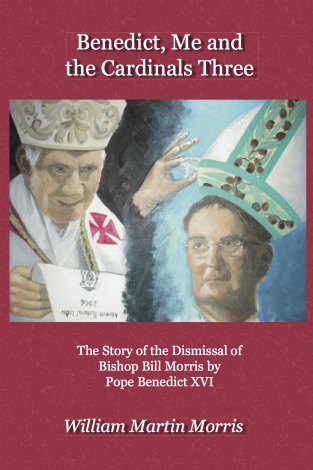
RELIGION
- Andrew Hamilton
- 24 July 2014
41 Comments
In mines, where bad air could be lethal, miners used to bring canaries with them. If they fell ill and died, the miners had warning to get out. The recent book by Bishop Bill Morris, replete with documentary evidence, tells the story of a canary caught in the shafts of Vatican culture. His early expiry date pointed to something amiss in the governance of the church, heralding the larger disclosures in the Royal Commission on sexual abuse.
READ MORE 
-
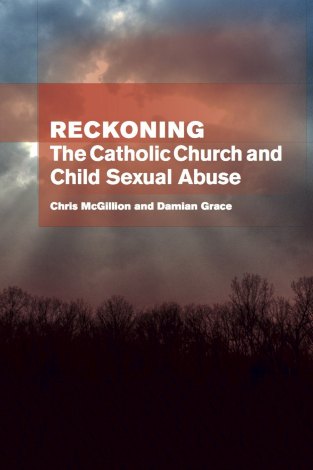
RELIGION
- Chris McGillion and Damian Grace
- 23 July 2014
20 Comments
It is widely assumed that rules are the solution to transgressions such as those being investigated by the Royal Commission into Institutional Responses to Child Sexual Abuse. Rules are useful. They can be framed to aid compliance and deter wrongdoing. It is no argument against them to say that people will still offend, but if rules are more legal requirements than the expression of genuine morality, they will have limited effectiveness.
READ MORE 
-
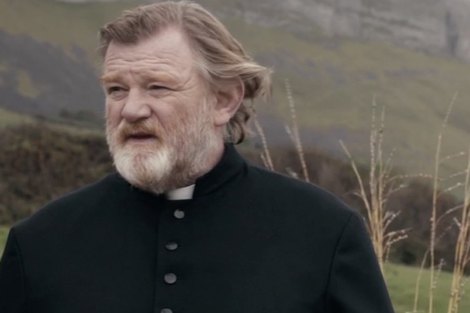
ARTS AND CULTURE
- Tim Kroenert
- 03 July 2014
5 Comments
Ensconced in the anonymity of the confessional, a man who suffered injustice at the hands of the Church informs the priest, Fr Lavelle, that he plans to kill him. The killer's reason for wanting to inflict violence is that he was, as a child, a victim of abuse that went unpunished. Lavelle is not respected by his parishioners, despite the centrality of the Church to their community. Amid the ruins left by the abuse crisis he carries little moral authority.
READ MORE 
-
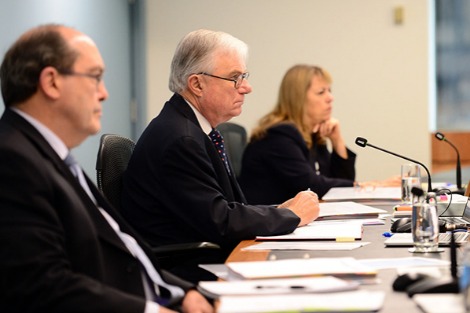
AUSTRALIA
- Frank Brennan
- 03 July 2014
17 Comments
The Royal Commission into Institutional Responses of Child Sexual Abuse has asked the Abbott Government for a two-year extension until December 2017 to complete its task. The good news is that the victims' groups seem to think they can wait that long, as anything sooner would be rushed. The bad news is that we will all be waiting another three and a half years for answers about how to restructure institutions ensuring the better protection of children.
READ MORE 
-
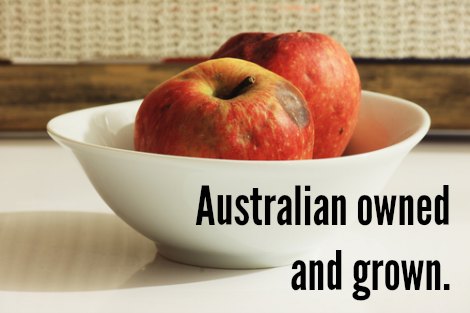
AUSTRALIA
- John Warhurst
- 30 June 2014
16 Comments
We should open our eyes and take in what multiple government inquiries, among them the Royal Commission into Institutional Responses to Child Sexual Abuse, are telling us about Australian society. It is not enough to focus on just one; we should consider the revelations cumulatively. It is little exaggeration to say that almost no major institution in our society, public or private, has been left untouched. We should join the dots and cry.
READ MORE 
-

RELIGION
- Frank Brennan
- 02 June 2014
11 Comments
In Unheard Story, Fr Padraig McCarthy rightly highlights shortcomings in legal-political-media processes like the Dublin Archdiocese Commission of Investigation. The future wellbeing of children demands that the spotlight be shone on all equally. But there is no getting away from the fact that in Ireland and Australia, the reported instances of child sexual abuse has been greater in the Catholic Church than in other churches.
READ MORE 
-
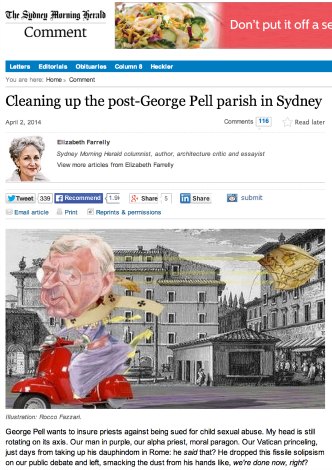
RELIGION
- Frank Brennan
- 22 April 2014
30 Comments
I write to defend Cardinal Pell in the wake of Elizabeth Farrelly's claim in the Fairfax press that Pell, when appearing before Justice McClellan at the Royal Commission, proposed a 'priestly child abuse insurance scheme'. Pell is not one of my fans, and neither am I one of his. But I think Farrelly has unfairly kicked him when he is down, and muddied the waters about what is a critical issue for the victims of child sexual abuse.
READ MORE 
-

AUSTRALIA
- Frank Brennan
- 11 April 2014
1 Comment
'Whether or not we have a bill of rights, much of our human rights jurisprudence remains partial, failing to extend rights equally to all. Once we investigate much of the contemporary discussion about human rights, we find that often the intended recipients of rights do not include all human beings but only those with certain capacities or those who share sufficient common attributes with the decision makers. It is always at the edges that there is real work for human rights discourse to do.' Frank Brennan's Blackfriars Lecture
READ MORE
-

RELIGION
- Tim Wallace
- 03 April 2014
12 Comments
In 2004, two years into the Sydney Archdiocese's botched handling of a sexual abuse complaint against Fr Aidan Duggan, the executive director of the Church's National Committee for Professional Standards did something extraordinary: he inquired into whether Duggan, prior to joining the Archdiocese in 1974, had form. It is the only evidence of a Church official actively attempting to check Duggan's past — an attempt destined to fail.
READ MORE 
-

RELIGION
- Neil Ormerod
- 03 April 2014
21 Comments
Damage was done to the reputations of Pell's secretary Dr Michael Casey, and to the solicitors from the his chosen legal team Coors, who would have heard clearly the warning of Justice McClellan that saying they were following their client's instructions would be no defence. There is the damage done to the Australian Church as a whole, and, of course, the damge to Pell himself. This is not how he wanted his reign in Sydney to end.
READ MORE 